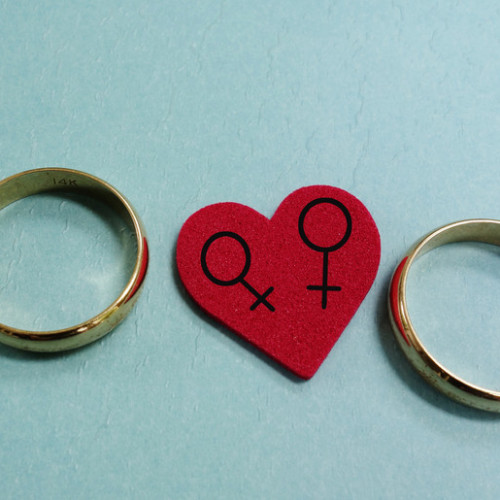The Rise of Secular America: New research shows young Americans and religion don’t mix
Last month, Americans learned this country is changing, and changing fast.
Recent research points to a more secular country, and depending on the importance one places on religion, this could be good or bad news.
A survey released by Pew Research Center on May 11th compared data to a 2007 survey. The results revealed that fewer Americans identify as Christian (78.4% to 70.6%) while the percentage of religiously unaffiliated increased from 16.1% to 22.8%. While most religious groups are aging, unaffiliated are getting younger.
Rare contributor Lilee Williams posted “Losing Our Religion: This is the least religious generation in U.S. history.” This piece discusses a study published May 12th in the journal PLOS ONE.
This study asks:
“Have American adolescents’ religious orientations changed in any meaningful way in the last few decades?”
The authors’ theory rests on the assumption that personal changes in attitude and values are a result of cultural change. Older research referenced in the PLOS ONE study “found significant generational and time period differences on a range of traits including decreasing empathy, greater personal vs. global fears, increasing positive self views, and decreasing trust in others and large institutions” (page 2). To the researchers, this suggested an increase in individualism and decrease in social support. Other studies referenced “revealed that the number of adults answering ‘none’ to religious affiliation has increased, especially from the 1990s to the 2010s” (page 2). This and other information, along with a lack of research on adolescent religious orientation, prompted this research question.
This study looked at the religious orientation of Boomers, Generation X, and Millennials. Researchers examined data from four large (11.2 million respondents) surveys. Monitoring the Future has used surveys and questionnaires to study 12th graders since 1975, and 8th and 10th graders since 1991. The American Freshman survey focuses on entering college students; both surveys ask a variety of religious affiliation questions.
The study found that while most American adolescents are involved in religion in some way, younger generations are pulling away from religion. The study states:
“American adolescents and emerging adults in the 2010’s (Millennials) were significantly less religious than previous generations (Boomers, Generation X) at the same age. “
Since participants of the same age were studied at different points in history, the authors attributed this change to culture instead of age.
The study offers some possible explanations to explain this decline, such as increasing religious diversity, the science vs. religion debate, and more educated young adults, but the authors place the most emphasis on the rise of individualism (page 7). Simply put, younger generations are more focused on themselves than society, and are reluctant to join groups that may limit their individuality.
It will be interesting to see what churches and religious youth outreach groups do with this information. Most have resisted pressure to change their stance on social issues, but will they abandon their position on abortion and gay marriage to attract adolescents and young adults?
Another issue of interest is availability of resources to cope with negative circumstances. Many Americans, especially youngsters, are unfamiliar with extreme hardship. If they are reluctant to embrace religion, who — or what — will provide peace and comfort in times of need?
Image courtesy of dreamstime.com








